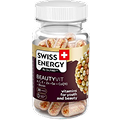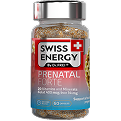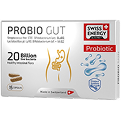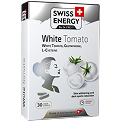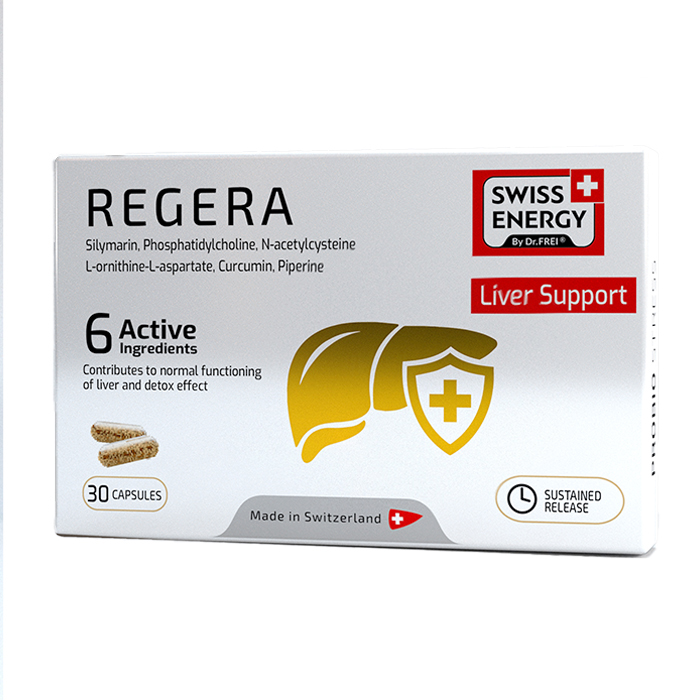Products

Anti-Mosquito

Beauty Line

Black Garlic

Black Seed Oil

Bones & Joints

Collagen

Effervescent Tablets
Energy & Functional Drinks

Face Mask

Foot Spray

Functional Chewing Gum

Hair Regrowth

Hangover
Healthy Pregnancy

Herbal Balms

Herbal Lozenges

Herbal Tea
Liver Support

Lycopene Cardio

Omega
Probiotics

Resveratrol

Sexual Health

Skin Whitening

Sports & Fit

Sustained Release Capsules

Vitamin Cosmetics

Vitamin Elixirs

Vitamins for Children

Vitamins Lollipops

Weight Loss Program

SWISS ENERGY food supplements have been specially developed by SWISS ENERGY PHARMA GmbH, Switzerland, taking into account recommendations of the leading health care specialists.
In an effort for a daily, optimal health care Swiss Energy Pharma GmbH uses high quality ingredients in the manufacturing of Swiss Energy vitamins. Swiss Energy vitamins are important components of an active life. They compensate the lack of nutrition, being useful for prevention of diseases, and are necessary taking sports.
